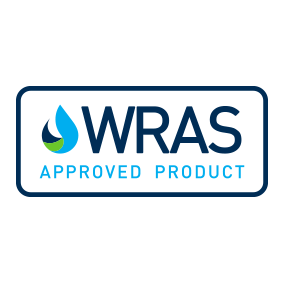
Monarch Water softeners are essential appliances that help combat the negative effects of hard water by removing the minerals calcium and magnesium. Many homeowners wonder if they can be installed alongside any type of boiler.
Understanding water softeners:
Before delving into the compatibility aspect, let’s briefly review the function of water softeners. These products work by removing the calcium and magnesium through a process called ion exchange. This exchange reduces the mineral content of the water, preventing the formation of limescale and minimising the potential for scale-related issues in plumbing systems and appliances.
Discover the benefits of soft water:
Save up to £600 a year on hard water costs by spending significantly less on energy costs (up to 24%), cleaning products, detergents, shampoos, and soaps. To explore the full benefits, click here.
The rule is that:
Any home can have a water softener fitted, no matter what type of heating system it has.
Leading boiler systems manufacturer Worcester Bosch supports this position, you can click here for more information on their site.
Anything I need to know?
You can have a Monarch water softener in combination with any boiler, as it will prevent the hot water circuit from scaling up and losing efficiency. However, the central heating circuit should be filled with hard water and a chemical inhibitor. This can be done by using the water softener bypass when filling or topping up. Alternatively, the filling loop feed can be connected upstream of the water softener.
Important considerations:
Flow rates:
Flow rates can be a critical factor when installing a water softener.
It is important to ensure that the softener you choose is compatible with the required flow rate of your boiler to prevent potential issues. Monarch water softeners have some of the highest flow rates and lowest pressure drops available on the market today.
Installation location:
The placement of the water softener is also important. It is recommended to install it in a location that allows for easy access and maintenance, with adequate drainage and an electrical supply if needed.
Water Hardness level:
We recommend installing a water softener in all areas where the water supply is hard.
You can check the level of hardness in your water supply by clicking here and then by using our handy product selector, decide which product will be suitable for you.
Regular maintenance:
Regardless of the boiler type, both the boiler and the water softener require regular maintenance. Adhering to manufacturer guidelines and scheduling periodic servicing will ensure optimal performance and longevity.

